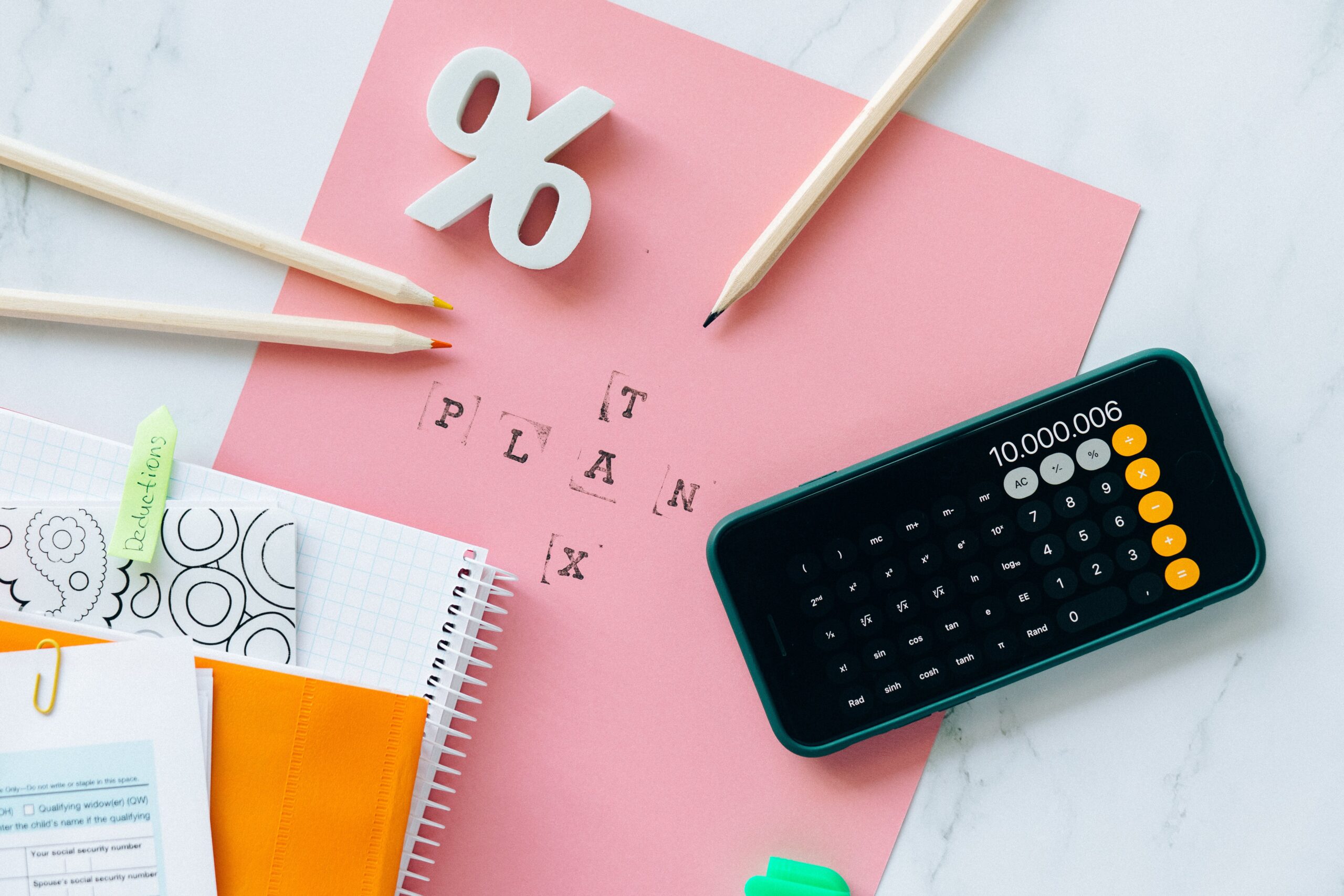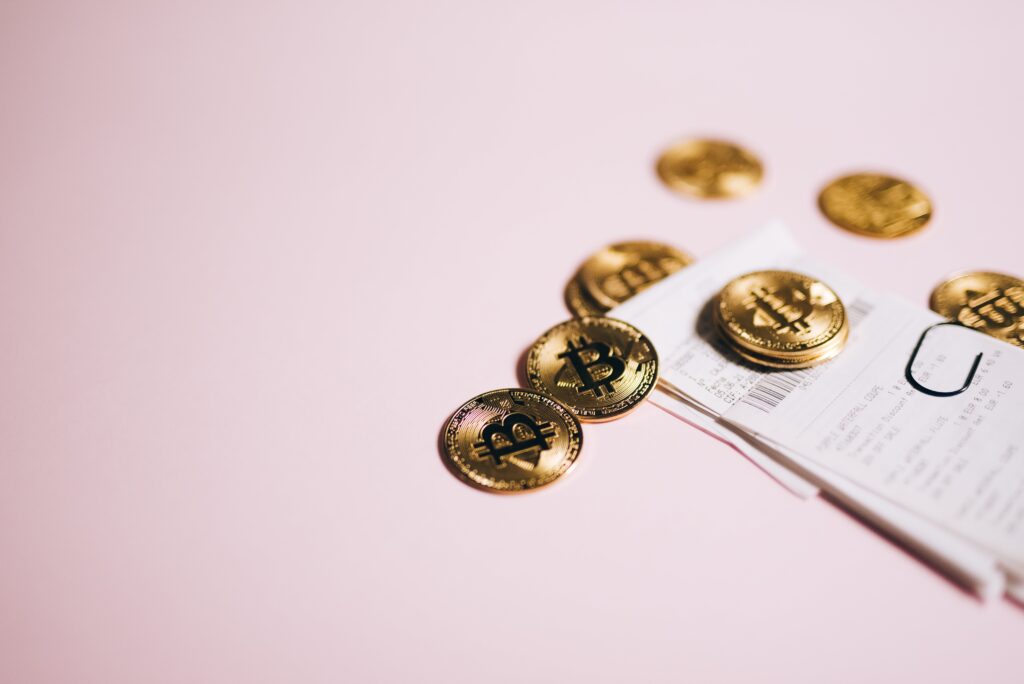
50/30/20 – the money diet you will want to stick to
Why do we need the 50/20/30 money diet?
I don’t know one woman who hasn’t been on a diet. Diet culture is rife among women – how many conversations have you had with friends about calorie counting or burning off your lunch in the gym?
Imagine we gave that kind of energy to our finances.
Budgeting is the dieting of the money world. Just like a healthy diet, a healthy budget can improve your quality of life, while a budget that is too restrictive can lead to unhealthy obsession and financial bingeing.

The balance between bingeing and restricting
Impulsive spending is the binge eating of financial stability. In the same way that bingeing will make you feel temporarily in control but then wreak havoc on your health and metabolism, impulsive spending will tear through your financial stability, leaving you with regret and a hole in your budget.
But what happens when that control is too tight? When you don’t allow yourself grace in a month with 6 birthdays or when you need a few extra Deliveroos to get you through a hectic workweek? If you are too focused on restrictive saving, without an outlet for enjoying the life you have now, you will crack eventually. Most restrictive diets lead to dieters putting on more weight than they started with. A restrictive budget can have the same effect, as you may give up completely and spend more than your means.
However, financial freedom is possible through implementing a healthy budget that works for you and your lifestyle.
What is the 50/30/20 split?
With a 50/30/20 split, you allocate your money with 50% going to needs, 30% going to personal fulfillment and 20% going towards financial independence.
50% Needs: your needs are the carbohydrates of your financial diet. They are your most essential energy sources – rent, bills, groceries and transport. Allocating 50% of your income to your needs fuels your financial stability.
30% Personal Fulfillment: just as protein is the building block of growth and strength, allocating 30% of your income to personal fulfillment allows for growth and life satisfaction. Use this money for creating a robust social life, that expensive drop-in Pilates class or your artisan takeaway coffee. You’ve allocated this money – it’s ok to spend and enjoy it, as long as you are really taking pleasure in how you use it.
20% towards Financial Independence: saving for Financial Independence is the fat of our financial diet, providing essential energy reserves for the future. Just as eating the right amount of healthy fat is necessary for long term health, saving or investing 20% of your income creates a stable foundation for your future.
If you are working on paying off debt, click here to find 3 easy methods to clear your debt faster. If you are starting your investment journey, read this article to find out the 10 Steps to Success for beginners.
What does this look like for me?
Everyone’s finances will look different. But having an example can help you structure your own budget. This is a Dubai-based budget for a single woman, with a monthly salary of 15,000 AED (health insurance included but no housing allowance). I allotted an annual rent of 65,000 AED, but your living situation may be completely different so adjust your budget accordingly.
| Spending Category | Category breakdown | Monthly AED | Remaining balance from 15,000 |
| 50% Needs – 7,500 AED
|
Rent
DEWA (electricity and water) Internet Groceries Petrol
|
-5,400
-500
-400 -700 -500
|
= 9,600
= 9,100
= 8,700 = 8,000 = 7,500 |
| 30% Personal Fulfillment – 4,500 AED
|
Privilee
Streaming services Beauty (hair, nails, facial…) Eating out/socialising Hobbies (Padel, jiu jitsu, book club…) Personal growth (online courses, networking events…) Travel savings |
-629
– 90 – 800
-1,000 -800
-600
-580 |
= 6,871
= 6,781 = 5,981
= 4,981 = 4,181
= 3,581
= 3,001 |
| 20% – Financial Independence – 3,000 AED
|
Debt repayment (credit card, car loan…)
Emergency fund OR investment account
|
1,800
1,200 |
= 1,201
= 1 dirham |
As you can see, (almost) every dirham is accounted for. By breaking your budget into categories and working down to zero, every single dirham you make has a job to do in enhancing your quality of life.
You may be shocked by how much money I’ve allocated for personal fulfillment, but enjoying your life is the key to maintaining your budget without bingeing.
Equally, you may think there isn’t enough wiggle room in there to really do all the things you love. You might need to reconsider how much money you are actually spending each month, and if you are truly enjoying yourself. The average brunch in Dubai costs 500 dirham, not factoring in taxis and after-brunch parties or new outfits. Do you need to do this every weekend, or could you enjoy two low-spend weekends per month by doing an online course or a chilled beach day? Could you choose the alcohol-free package to save some money (and save yourself a hangover)?
If you’re still dumbstruck, read on for my top tips on how to get the most out of your budget.

5 tips to stay on budget
- Monthly memberships like Privilee or ADV+ may seem like a big spend up-front. But when you consider that you get unlimited beach access, gym membership and a huge variety of fitness classes, plus restaurant discounts, these memberships work hard to save your dirham and fils for the future.
- Volunteering is a great way to build a community and save money. Although there are fewer charitable organisations in Dubai than in the UK or US, there are still options. If you love animals, contact an organisation like Stray Dogs Centre to help out on their weekly dog walks or adoption days. At the time of writing, Latifa Hospital also accepts a limited number of volunteers. Rope a friend in to make it a social occasion for you too!
- And on that note, volunteering is one of the best ways to travel, as you pay an upfront fee which covers your food and board for the entire time you are working with the organisation. It may be more basic, but the value is unbeatable. You will get to meet tons of new people, experience the joy of helping others and explore a new destination. I highly recommend African Impact for safe and well-priced travel experiences in Africa or Inspiring Teachers for teachers who want to volunteer throughout Asia and Africa.
- I hate to say it but think about where you live. Your location in Dubai could be costing you more than just rent. Dubai Municipality adds a fee onto your DEWA bill based on your address. Palm Jumeirah is eye-wateringly expensive, while JVC is more reasonable. If you can afford to live on the Palm and it is your source of joy, then absolutely stay where you are. But if your bank account is a little stretched, then a move could save you far more than just reduced rent over time.
- If you love to shop and you’ve seen an item you just can’t live without, sleep on it for at least a week. You may have forgotten about it after the week is up, which is an indicator that it was an emotional desire rather than a necessity. If you’re still dreaming about it, then re-adjust how you spend your personal fulfillment money for that month.
Remember, staying on budget is a journey, not a destination. You (hopefully) wouldn’t expect results from your healthy eating regime overnight, and budgeting is exactly the same. It requires consistency, adaptability, and a commitment to your financial well-being. Unless you are a saint or higher being, there will be mistakes, there will be times that you binge spend. Reflect on why it happened, learn from it and move on. Fearless Girls cultivate a resilient mindset by celebrating successes and learning from challenges to achieve long-term financial health.
Would you try the 50/30/20 split? Let us know how it goes in the comments or tag us on instagram @fearlessgirlfinance_




Add A Comment